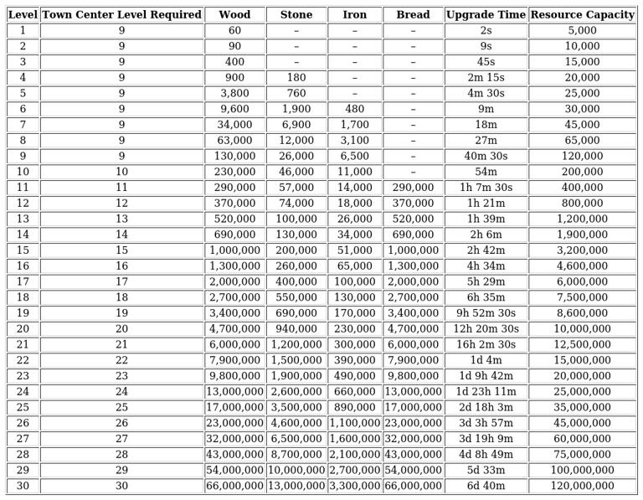Home Speech Therapy for Adults | Practice & Recovery at Home
Recovering or improving speech as an adult can be challenging, especially when access to clinics is difficult or schedules are tight. Home speech therapy for adults offers a flexible, comfortable path forward. With guided exercises, mindful practice, and consistency, adults can work on articulation, fluency, voice, language, or clarity right from home — making recovery more accessible and often more sustainable.
Why Home-Based Speech Therapy Is Valuable
Home therapy allows you to practice in your own environment, where comfort and familiarity reduce anxiety. It also means you control the schedule, reduce travel time, and integrate practice into daily routines. This consistency can boost motivation, make progress more noticeable, and increase opportunities to apply what you learn in speech sessions to real life.
Common Areas Adult Home Speech Therapy Addresses
-
Speech clarity and articulation (making “r,” “s,” “th,” etc. more precise)
-
Fluency and pacing (slowing down, reducing stutters or hesitations)
-
Voice support (volume, projection, resonance, avoiding fatigue)
-
Word-finding and expressive language (retrieving vocabulary, forming sentences)
-
Language comprehension (following speech, understanding spoken instructions)
-
Cognitive communication (attention, memory, organizing thoughts)
Practical Home Exercises & Techniques
-
Mirror practice: Stand in front of a mirror to watch how your mouth, lips, and tongue move during problem sounds.
-
Tongue and facial muscle exercises: Stretching, movement up/down/side-to-side to improve flexibility and strength.
-
Reading aloud daily: Choose passages, articles, or poems; focus on clarity, slow pacing, expression.
-
Pausing and phrasing: Insert strategic pauses to plan speech and reduce rushing; helps fluency.
-
Word retrieval drills: Name objects around the house, pick a category (fruits, tools, emotions) and try listing items in that group.
-
Fluency shaping techniques: Practice speaking slowly, with relaxed onset of sounds; breathing support to reduce strain.
-
Recording yourself: Record speech, listen back, note where articulation, clarity, or pausing need improvement.
-
Storytelling or descriptive practice: Describe your day or a picture; narrate past experiences to practice organizing ideas and expression.
Tips for Making Home Practice Effective
-
Set a routine: aim for short, frequent sessions (e.g., 15-30 minutes daily) rather than infrequent long ones.
-
Reduce distractions: find a quiet space, turn off background noise, focus fully.
-
Use visual or auditory feedback: mirror, recording, or even video if possible to self-assess.
-
Be patient: progress may be gradual; celebrate small improvements like clearer pronunciation of one sound, smoother word finds, etc.
-
Involve family/friends: they can help by listening, giving gentle feedback, or practicing conversational speech with you.
How to Supplement Home Practice
-
Keep a speech or practice journal: note what works well, what’s hard, and any improvements you notice.
-
Use everyday situations as practice opportunities (phone calls, conversations, reading in public).
-
Try relaxation or breathing exercises to reduce tension, which often makes speech tougher.
-
Alternate harder practice tasks with easier ones to avoid burnout.
When to Seek Professional Guidance
Home therapy is powerful, but sometimes additional help is needed. Indicators that seeing a licensed speech therapist might improve your plan:
-
When speech issues affect safety (e.g. swallowing concerns)
-
When progress stalls despite consistent practice
-
When you need specialized techniques for specific disorders (aphasia, severe dysarthria, voice pathology)
-
If you want structured feedback, measurement of progress, or goal-oriented therapy
Conclusion
Home speech therapy for adults offers a flexible, empowering approach to speech recovery and improvement. With regular practice, focused techniques, and a calm, supportive environment, adults can make real gains in clarity, fluency, and confidence. Recovery is a journey—but every exercise, every small improvement, moves you closer to more natural, clear communication.






